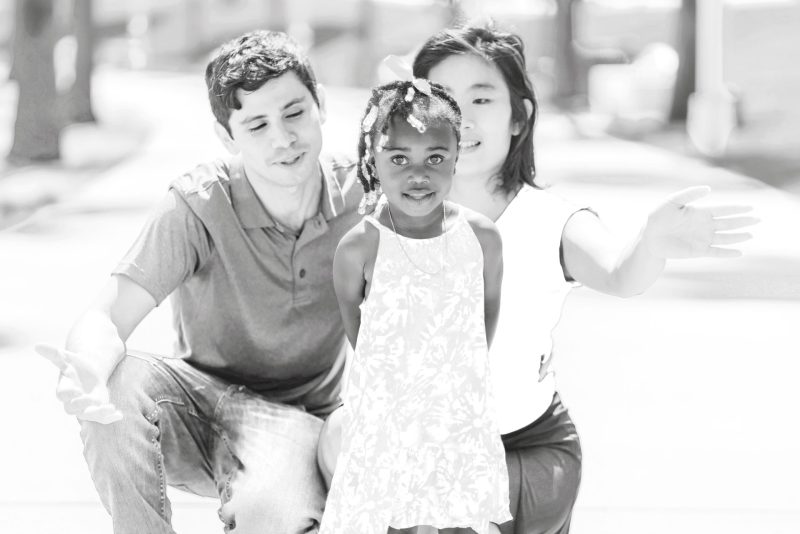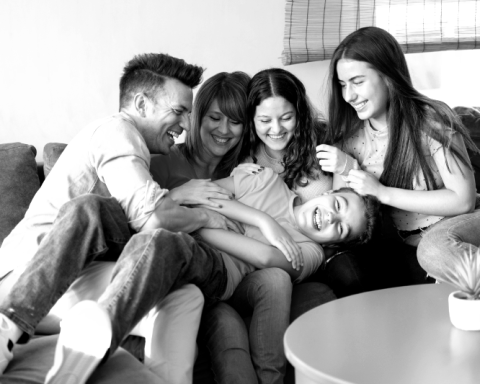To begin, while there are tons of definitions of foster care, the term can be broadly referred to as a temporary living arrangement for children who are unable to live with their original parents due to unsafe living situations, abuse, neglect, or other circumstances.
Fostering children may reside with relatives, foster families, or in group homes. Foster care’s primary objective is to provide protection, shelter, and care for children whose parents have been removed from their care.
On the other hand, foster families are individuals who temporarily adopt a child without becoming the child’s legal parents, providing a safe and nurturing environment for children who cannot live with their biological parents. While the child’s biological family works to address the problems that necessitated foster care, their dedication and commitment support the child’s overall well-being and development.
This article seeks to present an impartial overview of the merits and drawbacks of foster care from the perspective of foster families, and it endeavors to enlighten readers about the difficulties linked to being a foster family while underscoring its influence on both the foster children and parents. And the article will offer valuable insights and thoughtful reflections for individuals or families contemplating foster care as a viable option.
Foster parents qualifications
To qualify as a foster parent to all types of fostering, individuals must show certain qualifications, and they can vary depending on the jurisdiction or foster agency involved. However, here are some common qualifications that individuals or couples typically need to meet to become foster parents:
- Age and legal status,
- Background checks,
- Stable housing,
- Financial stability,
- Physical and mental health,
- Training and education, and
- Home study assessment.
Primarily, foster families’ roles include; providing a safe home, love, and support to the child, meeting their basic requirements such as food, shelter, clothing, and transportation, and fostering a healthy relationship between the foster child and the child’s biological family, as well as encouraging contact between the two parties.
Foster parents must collaborate with supervising social workers and other professionals to provide foster children with the necessary services and support.
Positive aspects of foster care
Foster care provides children in need with a safe and stable environment. It allows them to become part of a loving and supportive family.
Nevertheless, foster parents can have a significant positive impact on a child’s life by aiding in their recovery and development. It also gives biological parents the opportunity to address their challenges and work toward reunification.
Creation of a safe and nurturing environment
Fostering provides stability and security for children who may have experienced instability or trauma in their lives, offering them a safe and nurturing environment. Foster parents offer love, care, and support, creating a sense of belonging and helping children build healthy relationships.
In contrast, a study by Steenbakkers et al., 2018 found that sensitive caregiving when fostering not only meets children’s need to belong but also their psychological needs and learning opportunities and prevents mental health problems.
Making a meaningful difference in a child’s life
Fostering offers children who may have experienced hardship a stable and caring family environment as well as a second chance and new opportunities. Foster parents are crucial in assisting foster kids to acquire critical social and life skills that will aid them in the long run.
Nonetheless, fostering nurtures the development of lifelong attachments that provide children with a feeling of support and belonging. These lasting attachments formed through fostering can have a profound impact on a child’s emotional well-being and sense of identity hence influencing a child’s social, cognitive, and emotional development throughout their lives.
Personal growth and fulfillment for foster families
Fostering inspires personal development and allows foster families to learn about resilience and empathy by observing the fortitude and courage of the children in their care. Families acquire a broadened perspective on life as they navigate the unique challenges and triumphs of foster care through the foster care experience.
Negative aspects of foster care
Despite the fact that foster care can provide a number of advantages, it is essential to recognize that the system is not without its drawbacks. These obstacles can affect both foster children and foster families.
To make improvements and provide better support to all those involved in the foster care system, it is crucial to examine and comprehend these negative aspects.
Emotional challenges and attachment issues
Foster care may jeopardize a child’s ability to form secure attachments because of early relationship disruptions or past trauma. Navigating these attachment and detachment struggles can be emotionally taxing for all parties involved, as the child may struggle to trust and form bonds.
In foster care, foster families may undergo emotional difficulties due to potential loss when a foster child reunites with their biological family or move to another placement. This process can be painful for the foster family, as they form attachments and bonds with the child and must cope with the feelings of separation and transition.
Strains on the family unit
Foster care can burden the family bond, given that foster parents must find a delicate equilibrium between meeting the demands of fostering children and their own children.
According to research by Farmer, et al. (2005), foster parents’ parenting capacity was significantly reduced in a number of specific areas when they had gone through a lot of stressful life events in the six months before the child arrived or were under a lot of stress while caring for the child.
Likewise, adjusting to changes in household dynamics, such as the arrival of new foster children or their separation, can disrupt routines and increase stress. Moreover, coping with the procedures and complexities of the foster care system, such as documentation, visits, and court proceedings, can be burdensome for foster families, putting additional strain on the entire family.
Limited control and uncertainty
Another drawback of foster care is its uncertainty; fostering children and foster families frequently struggle with decision-making because fostering is frequently subject to caseworker and court decisions. Nevertheless, fostering children frequently encounter ambiguity over the duration of placements, as they do not know how long they will be in their foster family.
Fostering children must navigate the emotional challenges and contend with the possibility of reuniting with their biological relatives or facing permanent separation. These situations can create significant emotional turmoil and uncertainty for the child as they grapple with the possibility of leaving their foster family and adjusting to a new situation.
In conclusion
Foster care has a number of benefits, including providing a safe, loving nurturing setting, making a significant difference in a child’s life, and creating personal growth and fulfillment for foster families.
Inevitably, there are certain drawbacks to consider, such as emotional hurdles and attachment concerns for both the foster kid and the foster family, family unit tensions, and a lack of control and uncertainty.
So it is necessary for prospective foster families to conduct extensive research and thoroughly consider all angles before deciding to foster a child. But regardless of the obstacles, foster care has the transformative capacity to positively impact the lives of both children and families involved, providing a chance for healing, growth, and love in the face of hardship.
If you would like to see more resources on fostering, check out the Family Science Labs. The lab uses the research of the Institute for Life Management Science to produce courses, certifications, podcasts, videos, and other tools. Visit the Family Science Labs today.
Photo by Kindel Media on Pexels



